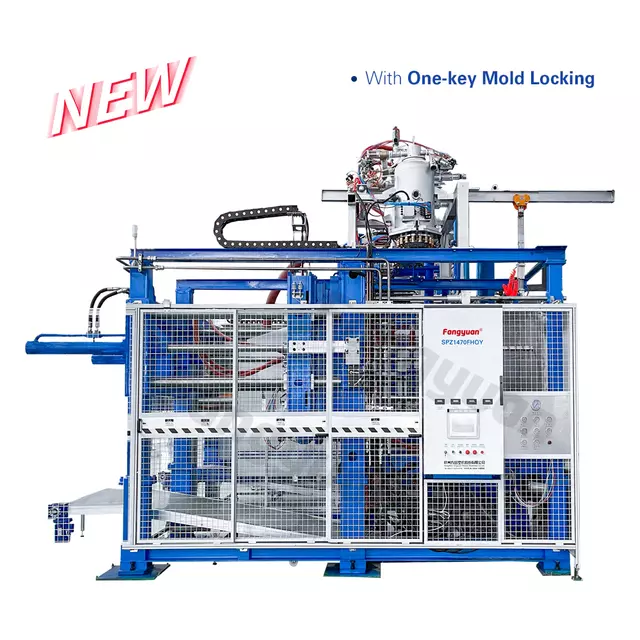The Noise Level of ETPU Machines Exploring the Impact on Product Quality and Efficiency
Noise levels produced by ETPU (Elastomer Thermoplastic Unidirectional) machines can have a significant impact on product quality and efficiency. These machines are used in various industries such as automotive, aerospace, and medical manufacturing. The noise generated from these machines can affect workers' health and productivity.
Noise Levels:

There are different types of noise sources that contribute to the overall noise level produced by an ETPU machine. Some common sources include:
1. Running Machinery: This type of noise is caused by the continuous operation of the machine. It can be highpitched and may cause discomfort for nearby workers.
2. Tool Vibrations: Tools used in the production process can create vibrations that can produce noise. This type of noise is usually lower pitched and can be more tolerable than running machinery.
3. Electrical Equipment: Electrical equipment such as motors and generators can also produce noise. These types of noises can be very loud and disruptive to nearby workers.
4. Airborne Dust: The movement of dust particles through the air can generate noise. This type of noise is typically lowfrequency and can be difficult to control during production processes.
Noise Levels in Different Industries:
Different industries may require different noise levels due to safety regulations and workplace standards. For instance, automotive manufacturers may require lower noise levels due to the sensitive nature of their work environment. In contrast, aerospace companies may need higher noise levels to ensure they meet specific regulatory requirements.
Efficiency and Productivity:
Noise levels produced by ETPU machines can significantly impact both product quality and efficiency. High noise levels can lead to worker fatigue, which can result in decreased productivity and increased absenteeism. Additionally, noise can affect the performance of tools and machines, leading to reduced efficiency.
Conclusion:
In conclusion, understanding the noise level produced by ETPU machines is crucial for ensuring both product quality and efficiency. By identifying and addressing potential noise sources, companies can improve working conditions and enhance productivity. Furthermore, adhering to relevant safety regulations can help mitigate the negative effects of excessive noise on workers and the surrounding community.
This article aims to provide insights into how noise levels produced by ETPU machines affect product quality and efficiency. It highlights the importance of considering noise levels when designing and operating industrial machinery. The content focuses on practical solutions for managing noise levels within ETPU machine operations, emphasizing the significance of worker health and productivity.
Please note: The noise level produced by ETPU machines varies depending on the specific model and application. It's essential to conduct thorough research and testing before investing in any ETPU machine to ensure compliance with all necessary regulations and to achieve optimal results.
























 QQ
QQ